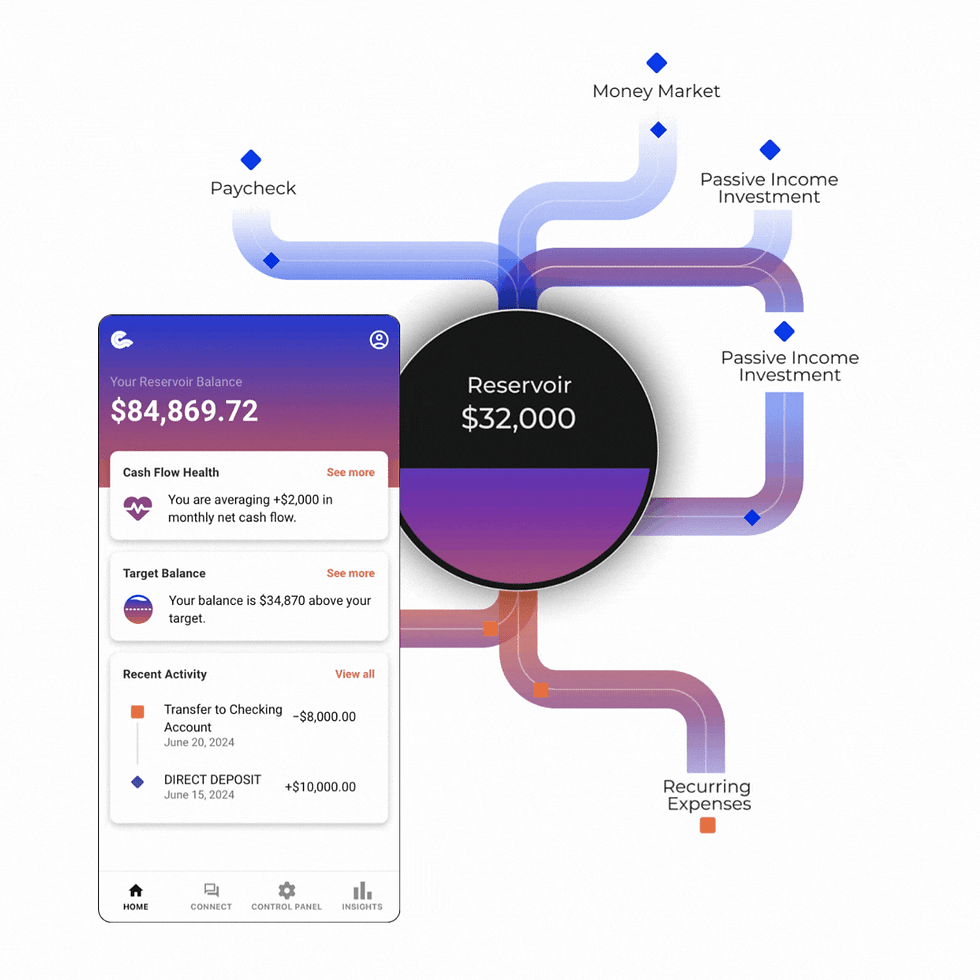Tennessee Residents Qualify for IRS Disaster Tax Relief: Deadlines Extended to November 3
- Allison L. Reynolds, CPA

- Apr 14, 2025
- 2 min read
Updated: Jul 30, 2025
The IRS has announced a new tax extension deadline for individuals and businesses in Tennessee affected by recent severe storms. As part of the federal disaster relief effort, all Tennessee residents and business owners are eligible for this relief. The new deadline to file federal tax returns and make applicable payments is November 3, 2025.
The Tennessee Department of Revenue will also consider requests for extensions on a case-by-case basis for individuals unable to file their state taxes due to storm impacts. Affected taxpayers are encouraged to take advantage of this relief.
For more detailed information, visit the full notice here.

Understanding Disaster Tax Relief
Disaster tax relief is a set of special provisions offered by the IRS to support taxpayers in federally declared disaster areas. These measures are designed to ease the financial burden during recovery.
What Deadlines Are Extended?
Any filing or payment that was originally due between April 2 and November 3, 2025, is now pushed to the November 3 deadline. This includes:
Individual income tax returns and payments are usually due April 15
IRA and HSA contributions for 2024
Quarterly estimated tax payments due April 15, June 16, and Sept. 15
Quarterly payroll and excise tax returns are due April 30, July 31, and Oct. 31
Corporate and fiduciary returns for calendar-year businesses are due April 15
Tax-exempt organization returns are due May 15
Plus, payroll and excise tax deposits due from April 2–16 will avoid penalties if made by April 17.

Key Provisions of the Tax Relief
The IRS disaster tax relief includes several crucial provisions for taxpayers:
Extended Deadlines: Taxpayers that live or work in one of the 95 counties in Tennessee now have until November 3, 2023, to file their taxes and make payments originally due earlier. This extension provides much-needed breathing room.
Casualty Loss Deductions: Taxpayers can claim deductions for property losses due to disasters. For example, if a family lost $20,000 worth of property, they might deduct a portion of that from their taxable income, helping to alleviate their financial burden.
Easier Loan Access: The IRS's actions simplify the process for qualifying for loans and advanced payments, allowing businesses, such as a local shop affected by flooding, to stabilize operations faster.
Next Steps
The IRS disaster tax relief offers crucial support for Tennessee residents and businesses grappling with the fallout from recent severe weather. By extending the deadline to November 3, 2025, the IRS alleviates the immediate pressures surrounding tax compliance.
Tips for Taxpayers
Stay informed: Regularly check the IRS and FEMA websites for updates on disaster relief eligibility and official guidance.
Document everything: If your tax records were lost or damaged, begin the recovery process as soon as possible. Keep detailed notes, gather backup documentation, and maintain records of communications and expenses related to the disaster.
Connect with your Tax Professional: Allison L. Reynolds, CPA PLLC, can help clarify which returns and payments are affected, guide you through claiming deductions, and ensure you're meeting all new compliance deadlines.







Comments